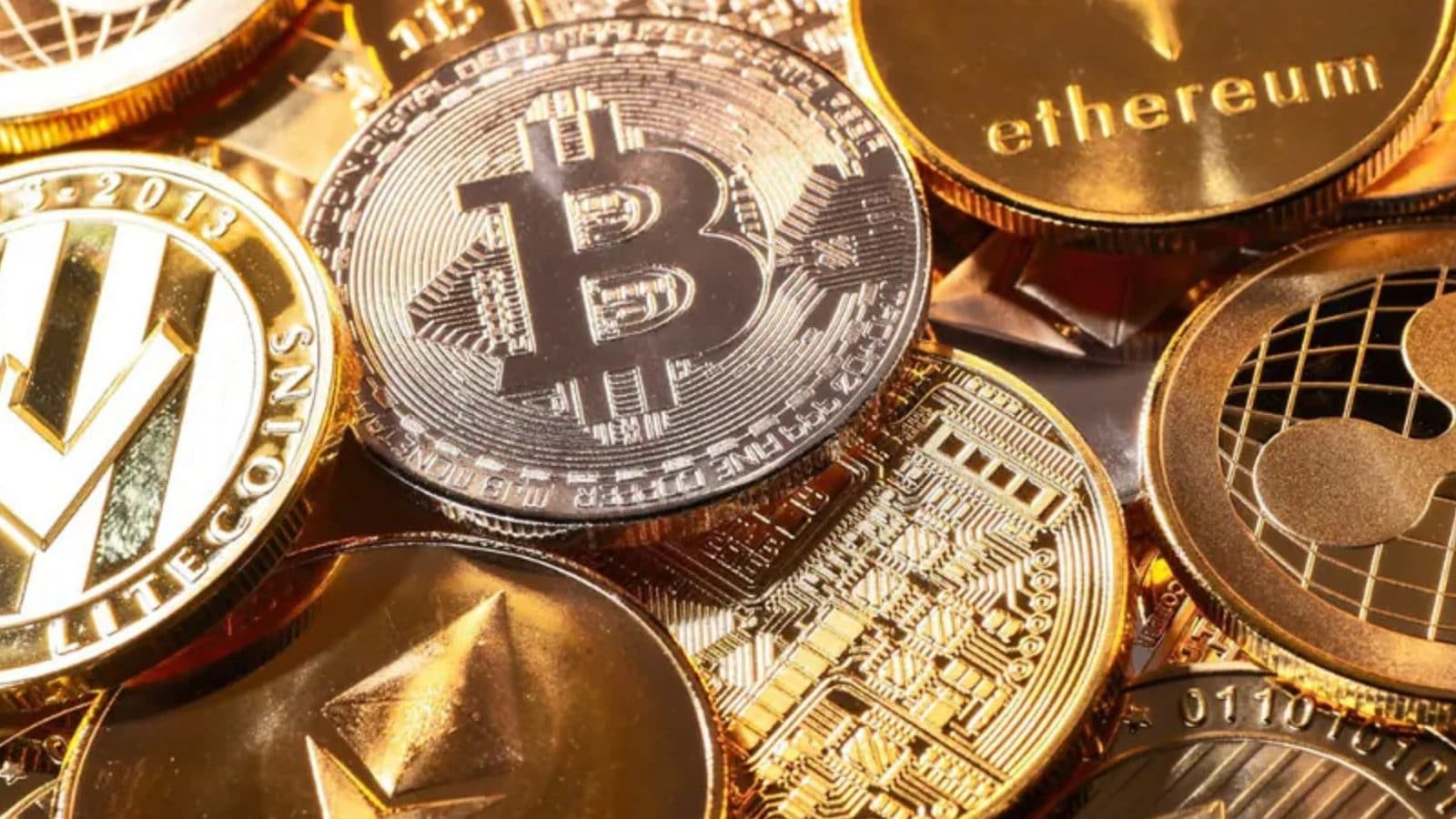Bitcoin Ban in India: Know RBI and Central Government’s Stand on Cryptocurrency
In a meeting chaired by Prime Minister Narendra Modi recently, the Union government and the Reserve Bank of India (RBI) were not quite on the same page on cryptocurrency — a sector that has been silently blooming in India over the past few months. RBI governor Shaktikanta Das on the day reiterated the central bank’s worries about the digital token and its craze in India despite not being recognised as a currency. On the other hand, the Modi government and its departments mooted for a strong regulatory control on cryptocurrency to avoid money laundering and terror financing, rather than banning it entirely.
“The government is cognizant of the fact that this is an evolving technology, it will keep a close watch and take proactive steps. There was consensus also that the steps taken in this field by the government will be progressive and forward looking,” a source told news agency PTI following the meeting chaired on Saturday, November 13.
The RBI has repeatedly reiterated its strong views against cryptocurrencies since it gained popularity in India following a sudden boom in Bitcoin prices. The central bank’s argument is that cryptocurrencies pose serious threats to the macroeconomic and financial stability of the country. The RBI also doubted the number of investors trading on them as well their claimed market value. Das on Wednesday had reiterated his views against allowing cryptocurrencies saying they are a serious threat to any financial system since they are unregulated by central banks.
The RBI is primarily concerned about cryptocurrencies for its potential threat to the Indian rupee. If a large number of investors invest in digital coins rather than rupee-based savings like provident fund, the demand of the latter will fall. This will hamper the ability of banks to lend out money to its customers. Moreover, since cryptocurrencies are unregulated in the country and are difficult to trace, the government will also not be able to tax the amount, posing a threat to rupee. On top of that, cryptocurrencies can be used in money laundering and illegal activities. Crypto investors, for all these reasons, are in turn susceptible to hacking, scams, and losses as crypto coins are volatile in nature.
In 2018, the RBI had announced that banks will not be able to make deals in cryptocurrencies, halting the progress of the crypto industry in India. However, the Supreme Court in early March 2020 had nullified the RBI circular banning cryptocurrencies. Following this in February 5, 2021, the central bank had instituted an internal panel to suggest a model of central bank’s digital currency. The announcement regarding the decisions is expected next month.
But what is the way forward? While the RBI’s stance remains rigid, it is indeed exploring possibilities to come up with a digital currency. According to PTI, the RBI had announced its intent to come out with an official digital currency, in the face of proliferation of cryptocurrencies like Bitcoin. Private digital currencies/virtual currencies/crypto currencies have gained popularity in the past one decade or so. Here, regulators and governments have been skeptical about these currencies and are apprehensive about the associated risks.
Despite all the limitations and potential risks, more and more Indians are investing in cryptocurrencies. A newspaper advertisement in October claimed that Rs 6 trillion has been invested in cryptocurrencies by Indians. But there are contradictions regarding the number of people. BrokerChoosers calculated the figure to be 100.7 million, while WazirX CEO Nishal Shetty saying that there were around 15-20 million crypto investors in the country.
(With inputs from PTI)
Read all the Latest News, Breaking News and Coronavirus News here. Follow us on Facebook, Twitter and Telegram.
For all the latest business News Click Here

